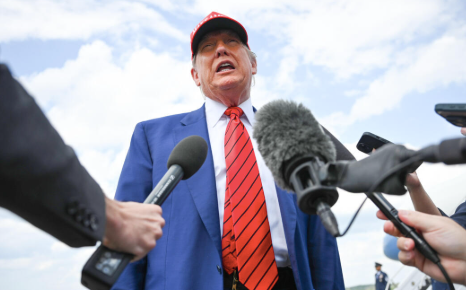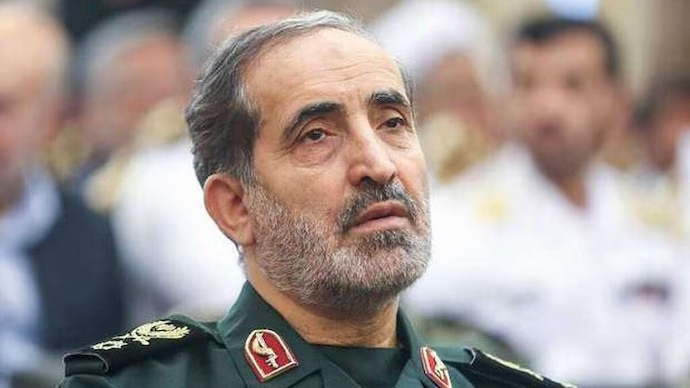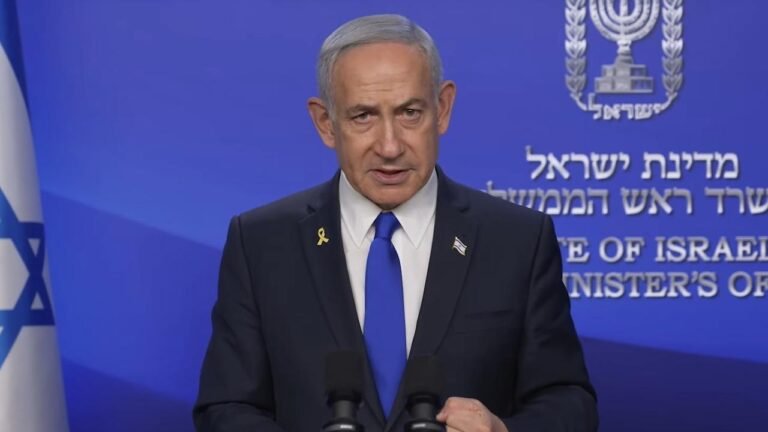
The votes are in, and South Korea is about to change its course.
The nation’s presidential elections, one of the most competitive it has seen in years, have progressive candidate Lee Jae-myung in the spotlight again this time as the consensus winning candidate. With millions of ballots cast and counted, the early results seem to show Lee having emerged with a distinct lead. And who is this potential new leader for the fourth-largest economy in Asia?
Lee Jae-myung was born in Andong, South Korea, in 1964 to a poor family and started working at a factory when he was just 13 years old to help support his family. He sustained serious injuries from having to do hazardous labor, but he studied at night to succeed, and he eventually received his law degree and passed the bar exam in 1986.
Lee began a career as a human rights lawyer with a focus on fighting corruption and advocating for working-class rights. His reputation as a fighter for those below is an integral part of the social persona that he has shaped.
Lee’s entry into politics was in the early 2010s but his real break-through point was when he served as the Mayor of Seongnam, South Korea’s 10th-largest city (2010-2018). During his time in office, he created a program for youth universal basic income, free school uniforms for everyone, and extended welfare programs. He built an enormous grassroots base of support, while creating ferocious opposition from conservatives.
Lee lost the presidential race to Yoon Suk-yeol in 2022 by a narrow margin in the closest presidential election in South Korea’s history. Far from exiting politics, Lee assumed the leadership of the Democratic Party and started to rebuild his support base while stressing economic inequality and housing affordability as well as anti-corruption efforts.
Now that it is 2025, economic worries, dissatisfaction with youth, and issues around political fatigue with Yoon’s conservative government have all shifted. The message advocated by Lee – “The People First” – seemed to relate to youth voters and newly formed working-class communities.
Analysts have noted that Lee’s populist rhetoric, combined with his governance experiences, possibly made all the difference. His opponents struggled to shake their elite images and unite a frazzled conservative base.
Yet, Lee’s rise to power has been bumpy. He has faced multiple criminal investigations, including charges of violating campaign finance laws and links to questionable real estate transactions during his tenure as mayor. None of those investigations has yet netted any convictions, but they remain a shadow over his political future.
Lee’s response has been consistently to term the investigations “politically motivated”, which plays to his outsider branding. The narrative of being an underdog might have galvanized support for Lee’s candidacy, especially among younger voters who are fed up with politics as usual.
Lee pledges sweeping reforms, many are audacious:
- Universal basic income pilots across the country
- A crackdown on property speculation
- Closer relationships with China and North Korea (separate from pro-U.S. Yoon)
- A carbon-free economy by 2050
- AI-powered public services and smart city projects
But some critics say he could place a strain on public finances and endanger foreign policy stability.
Lee’s predicted victory is still pending confirmation by the National Election Commission, which will determine results in about 48 hours. If confirmed, Lee will be sworn into office in May 2025, succeeding Yoon Suk-yeol.
South Korea is at a turning point on the precipice of continuity versus change, of elitist politics versus revolution from below. There is more to the tale of Lee Jae-myung, but this much is certain: the fellow who was thought of as a marginal outsider now stands at the threshold of the Blue House.
Keep reading Questiqa.com




